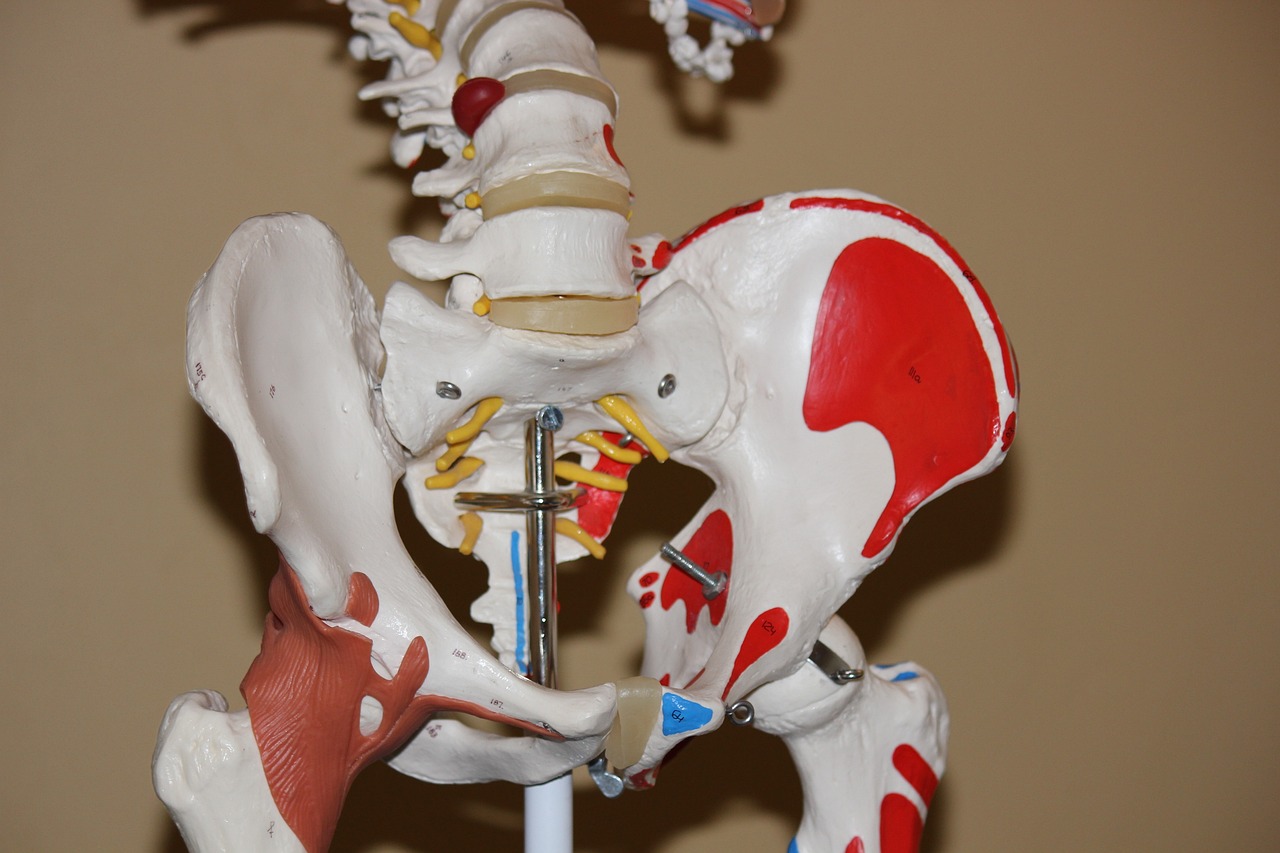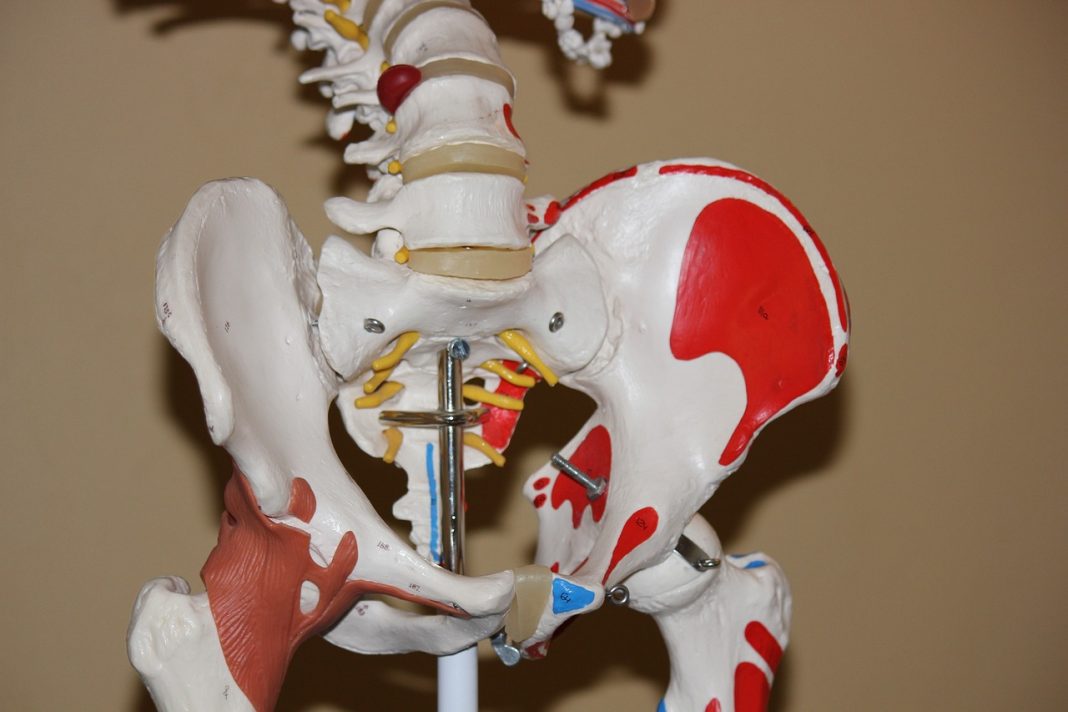
Chronic heart failure remains a leading cause of morbidity and mortality worldwide, affecting millions of people annually. Despite significant advances in the management of this condition, the prognosis for patients with heart failure remains poor. The complexity of the disease, coupled with the heterogeneity of patient populations, presents a significant challenge in developing effective treatment strategies. In this article, we will explore the current landscape of chronic heart failure treatment, including the latest pharmacological and non-pharmacological interventions. We will also examine the challenges faced by clinicians in managing this condition and highlight emerging therapies that hold promise in improving patient outcomes.
1. Understanding Chronic Heart Failure: Symptoms, Causes, and Risk Factors
Chronic heart failure is a condition that occurs when the heart is unable to pump enough blood to meet the body’s needs. It is a progressive and chronic disease that affects millions of people worldwide. Some of the most common symptoms of chronic heart failure include shortness of breath, fatigue, and swelling in the legs and ankles. Other symptoms may include coughing, wheezing, and difficulty sleeping.
There are several underlying causes of chronic heart failure, including coronary artery disease, high blood pressure, and diabetes. Other risk factors for the disease include obesity, smoking, and a family history of heart disease. It is important to note that chronic heart failure can develop gradually over time, and early diagnosis and treatment can help improve outcomes and quality of life for those affected.
2. Current Treatment Approaches for Chronic Heart Failure: An Overview
Chronic heart failure (CHF) is a serious condition that affects millions of people worldwide. Fortunately, there are several treatment approaches available to help manage CHF symptoms and improve quality of life. Here are some of the current treatment options:
- Lifestyle changes: Making changes to one’s lifestyle can be an effective way to manage CHF symptoms. These changes may include quitting smoking, maintaining a healthy weight, exercising regularly, and reducing salt intake.
- Medications: There are several medications that can be used to treat CHF, including ACE inhibitors, beta blockers, and diuretics. These drugs work to improve heart function and reduce fluid buildup in the body.
- Device therapy: Certain devices, such as pacemakers and implantable cardioverter-defibrillators (ICDs), can be used to help regulate heart function and prevent sudden cardiac arrest.
In addition to these treatment approaches, there are also several surgical procedures that may be recommended for patients with CHF. These may include heart valve repair or replacement, coronary artery bypass surgery, or heart transplant. Ultimately, the treatment approach for CHF will depend on the individual patient’s symptoms, medical history, and overall health status. Working closely with a healthcare provider can help ensure that the most appropriate treatment plan is developed.
3. Decoding the Latest Developments in Chronic Heart Failure Treatment
Chronic heart failure is a condition that affects millions of people worldwide, and it occurs when the heart is unable to pump blood effectively. The latest developments in chronic heart failure treatment aim to improve the quality of life for patients and reduce the risk of hospitalization. Here are some of the latest developments:
- Novel therapies: Researchers are exploring new therapies that target the underlying causes of heart failure, such as inflammation and oxidative stress. One such therapy is sacubitril/valsartan, which has been shown to reduce the risk of heart failure hospitalization and improve survival in patients with reduced ejection fraction.
- Remote monitoring: Remote monitoring technologies, such as implantable devices and wearable sensors, can provide real-time data on a patient’s heart function and alert healthcare providers to potential problems. This can help prevent hospitalization and improve outcomes for patients with chronic heart failure.
- Personalized medicine: Advances in genetics and biomarker testing are enabling healthcare providers to tailor treatment plans to individual patients based on their unique genetic and biochemical profiles. This approach can improve the effectiveness of treatment and reduce the risk of adverse effects.
Overall, the latest developments in chronic heart failure treatment offer hope for patients and healthcare providers alike. By continuing to invest in research and development, we can improve outcomes for patients with this debilitating condition.
In conclusion, chronic heart failure is a serious condition that requires proper treatment and management to improve patient outcomes. Effective treatment options include lifestyle changes, medication, and surgery. It is important for healthcare professionals to work closely with patients to develop individualized treatment plans that address their specific needs and goals. By decoding chronic heart failure treatment, we can better understand the complexities of this condition and provide patients with the best possible care. With continued research and advancements in medical technology, we can hope for a brighter future for those living with chronic heart failure.








